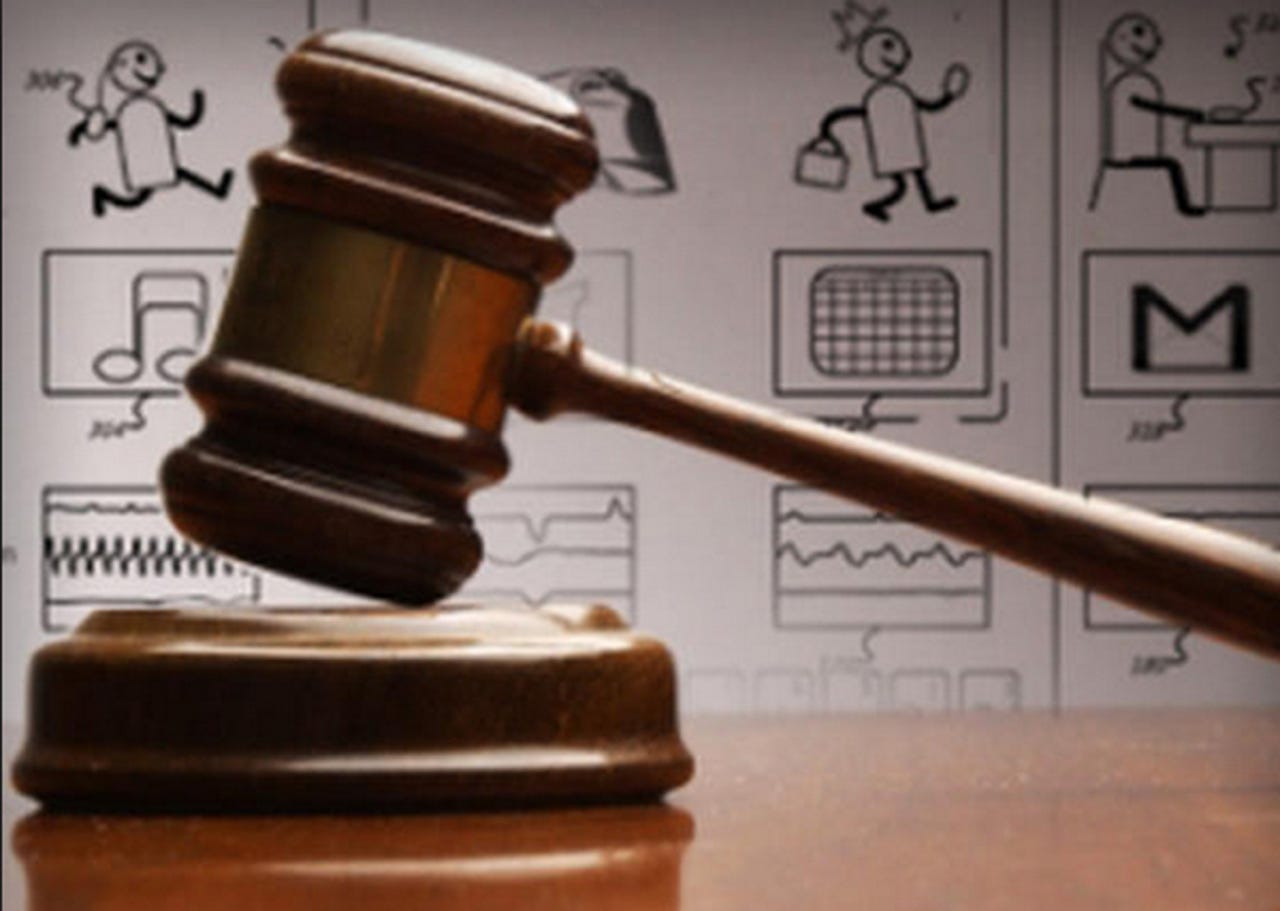NY Attorney General accuses Charter Spectrum of cheating millions

New York Attorney General Eric T. Schneiderman didn't mince his words. In his announcement of a lawsuit against Charter and its subsidiary Spectrum, formerly known as Time Warner Cable (TWC), he said: "The allegations in today's lawsuit confirm what millions of New Yorkers have long suspected -- Spectrum-Time Warner Cable has been ripping you off."

The New York Attorney General is coming hard after Charter Spectrum (formerly Time Warner Cable) for allegedly ripping off internet customers.
This comes as no surprise to many TWC subscribers. The cable internet service has numerous, almost daily complaints of outages. In 2014, TWC, which at the time was the US's second largest ISP, crashed across the nation. In early 2016, TWC reported that up to 320,000 of its customers had had their data leaked.
It's not just unreliable service. Schneiderman is suing Charter for a "systematic scheme to defraud and mislead subscribers to its internet service by promising to deliver internet service that it knew it could not and would not deliver." This scheme had two parts, according to Schneiderman. First, Spectrum-TWC allegedly promised internet speeds it knew it could not deliver to subscribers. Second, it's claimed the company promised reliable access to online content it knew it couldn't deliver.
The New York Attorney General's office ran a 16-month investigation. They reviewed internal TWC corporate communications and hundreds of thousands of subscriber speed tests. The office found Spectrum-Time Warner subscribers were getting dramatically short-changed on both speed and reliability.
How bad was it? The suit claims subscribers' wired internet speeds for the premium plans (100, 200, and 300 Mbps) were up to 70 percent slower than promised. Wi-Fi speeds were, believe it or not, even slower. Some subscribers saw speeds 80 percent slower than what they'd paid for. For these "premium" plans Spectrum-TWC charged New Yorkers as much as $109.99 per month.
Further, Schneiderman accuses Spectrum-TWC executives of knowing the company's hardware and network couldn't deliver the promised speeds, and that despite this, TWC continued to claim the company was delivering reliably high-speed internet.
According to the Attorney General, this had been going on since at least 2012, and TWC's internet promises were impossible to keep because TWC leased deficient modem equipment to subscribers, which couldn't deliver the promised speeds. In addition to these deliberate equipment failures, Spectrum-TWC's network wasn't designed to deliver the promised bandwidth. As a result, TWC's internet links were overloaded and were unable to consistently deliver its promised speeds.
Rather than addressing this fundamental infrastructure problem, the Attorney General alleges TWC decided to cut costs by not fixing its equipment and network failures, and that to mask this misconduct, Spectrum-TWC faked test results.
At the same time, Spectrum-TWC earned billions of dollars in profits by allegedly defrauding and misleading New Yorkers by promising internet service they knew they could not deliver. The company also reportedly refused to make the capital investments needed to improve its network.
The New York Attorney General's Office is seeking restitution for New York consumers and an end to Spectrum-TWC's longstanding "deceptive practices". There is no word yet if other states will follow New York's lead. With Trump in charge and his picked man, net neutrality enemy Ajit Pai, in charge of the Federal Communications Commision (FCC), there seems little chance of federal relief.
Charter started to buy TWC for $78.7 billion in May 2015. The acquisition was completed in May 2016. There are now rumors Verizon is preparing to make an offer to buy Charter.
Related Stories: